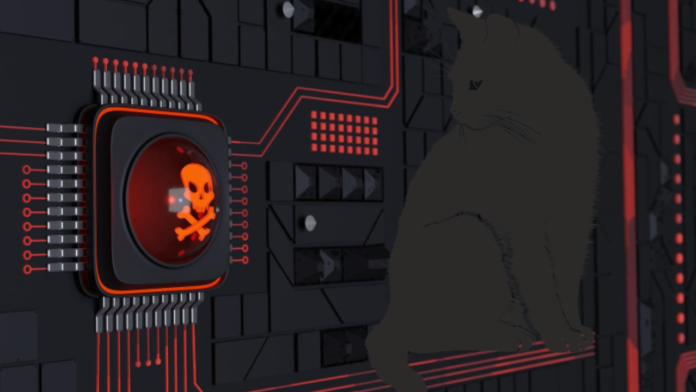A recent sophisticated cyberattack campaign has sent shockwaves through the developer community.
Hackers successfully hijacked several GitHub accounts, including the organization account for Top.gg, a popular Discord bot discovery site. This attack leveraged a supply chain vulnerability, highlighting the critical need for robust security practices throughout the software development lifecycle (SDLC).
Breached Accounts, Injected Code: A Recipe for Risk
The attackers reportedly used a combination of techniques to gain access to GitHub accounts and inject malicious code into repositories. These techniques included:
- Account Takeover (ATO): The attackers may have exploited stolen browser cookies or compromised credentials to gain unauthorized access to developer accounts.
- Typosquatting: They might have created a fake website resembling the official PyPI (Python Package Index) domain to trick developers into entering their login credentials.
Once attackers gained access, they reportedly injected malicious code into popular Python packages. While the full extent of the damage remains unclear, the potential consequences could have been significant, including:
- Compromised Code: Injected code could have contained malware, stolen sensitive data, or disrupted critical functionalities within applications that relied on the compromised packages.
- Escalated Privileges: Malicious code could have granted attackers escalated privileges within the compromised systems.
- Supply Chain Tampering: The attack could have compromised downstream projects that relied on the affected packages, creating a cascading effect.
10 Secure Coding Practices to Fortify Your Defenses
While the specifics of this attack are still under investigation, here are 10 recommendations to help developers and organizations strengthen their defenses against supply chain attacks:
- Multi-Factor Authentication (MFA): Enable MFA on all developer accounts to add an extra layer of security for logins.
- Strong Password Management: Enforce strong password policies and encourage the use of password managers.
- Code Reviews: Implement regular code reviews to identify and address potential vulnerabilities within codebases.
- Dependency Management: Utilize secure dependency management tools to identify and mitigate risks associated with third-party libraries and packages.
- Software Composition Analysis (SCA): Integrate SCA tools into the SDLC to scan for known vulnerabilities within dependencies.
- Least Privilege Access: Grant developers access only to the specific code and resources required for their tasks.
- Regular Backups: Maintain regular backups of code repositories to facilitate recovery in case of a breach.
- Security Training: Provide developers with regular security awareness training to educate them on common threats and best practices.
- Vulnerability Scanning: Conduct regular vulnerability scanning of the SDLC environment to identify and address weaknesses.
- Incident Response Planning: Develop and regularly test an incident response plan to effectively manage security incidents and data breaches.
Conclusion
The GitHub supply chain attack serves as a stark reminder that the software supply chain is only as strong as its weakest link. By prioritizing secure coding practices, implementing robust access controls, and fostering a culture of security awareness, developers and organizations can significantly reduce the risk of supply chain attacks and protect the integrity of their software projects. Remember, vigilance and proactive security measures are essential for building a more secure and trustworthy digital ecosystem.


